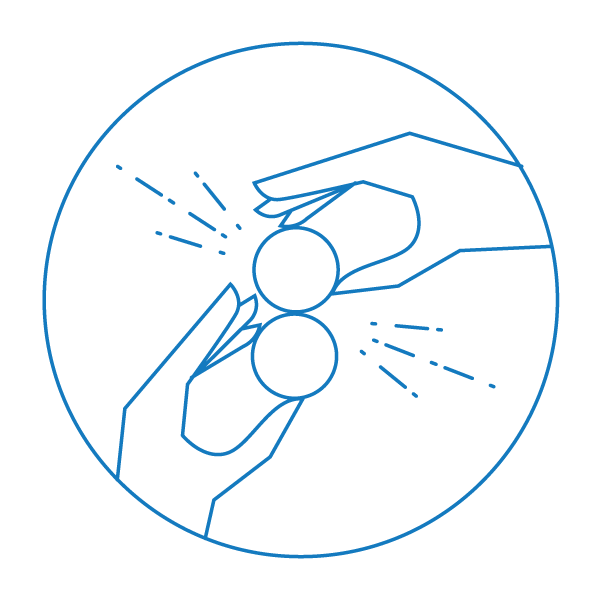
Senior GIS Analyst
The 2017 Oregon Flock and Fiber Festival
Local fiber is coming to the fore and the challenges in bringing it to scale closely mirror those faced by local food producers.

We’ve long worked with food farms, since before “Is it local?” was a question most people thought to ask. But the Pacific Northwest is also home to a fiber economy similar in many ways to its food system. And people — as well as forward-thinking retailers like Patagonia — are starting to ask “Is it local?” about more than just food. More and more, people want to know where and how the wool, cotton, and other fibers that make up their clothes are made. And so do we.
We’ve partnered with Shannon Welsh of Pacific Northwest Fibershed, the local affiliate of an organization that develops regional and regenerative fiber systems that build and restore economies and ecological health. Together we are exploring how we can expand on what we’ve learned at Ecotrust from decades working with food farms to position the Northwest to fulfill this growing demand. We see an opportunity to grow a robust economy that provides living-wage jobs to those taking good care of the land.
To kick off this work, we tabled at the Oregon Flock & Fiber Festival, an agricultural fair that brings together farmers, processors, and consumers each fall. Our two days at the festival went quickly, spent in animated conversation with sheep and alpaca farmers, entrepreneurs hoping to open a new fiber mill, knitters and spinners, designers, and retailers from all over the region. We asked them: How can we cultivate a stronger regional fiber economy? What’s already working? What’s not? We heard a few common themes that sound a lot like what we’re working on in the food system. Processing is a bottleneck: Mills that can handle smaller amounts of fiber are few, far between, and have months-long backlogs. Much of our once robust infrastructure was dismantled years ago, and what remains is small-scale and aging. Fiber farmers are spread thin managing all aspects of their business, from raising sheep to selling value-added product. And overall, a more connected system could help everyone focus more time on making a living doing the work that they love.
Since then we’ve continued the conversation with those already working to bringing these ideas to scale. Brooklyn Tweed, a Portland-based yarn and knitwear design company, is deeply committed to American-grown and processed fiber. And Imperial Stock Ranch’s Jeanne Carver is an Oregon trailblazer who has built a multi-channel wool business and done the hard work of piecing together supply chains for Ag of the Middle fiber producers. Through these conversations we see a strong future for the Pacific Northwest fiber economy — but one that will need thoughtful support and hard work.
So what’s next? What we’ve heard is that there’s a space for us to continue to listen and support this system. First we plan to reach out to some of the folks we met at the Festival, and spend more time listening to the issues they’re facing and their vision for the future of Northwest fiber. We’d like to broaden our network, seeking out the stories of everyone involved in this economy, particularly the vulnerable and those with less access. Then we’d like to start mapping this system, not only to identify resources and connect farmers with processors and buyers with product, but also to start to visualize the gaps. And always, we’ll keep the conversation going. Like we learned with our food infrastructure project, on-the-ground stories and context are the backbone of this work.
By strengthening the connections between the passionate, hardworking people that power this local economy, we hope to position the Northwest to meet the demand for domestic, thoughtfully produced, and environmentally responsible fiber.
